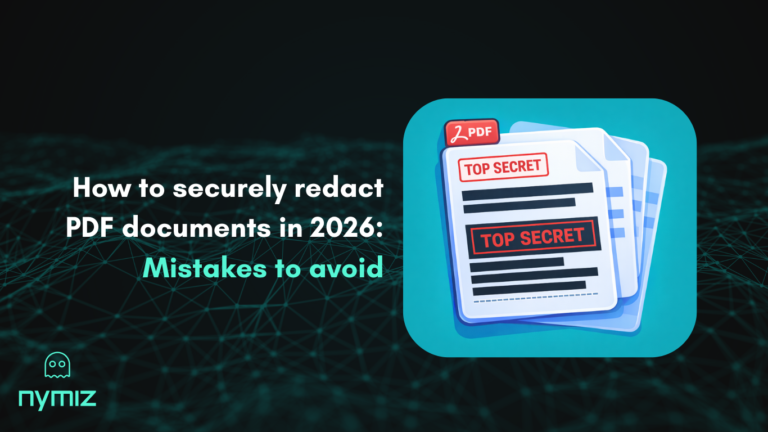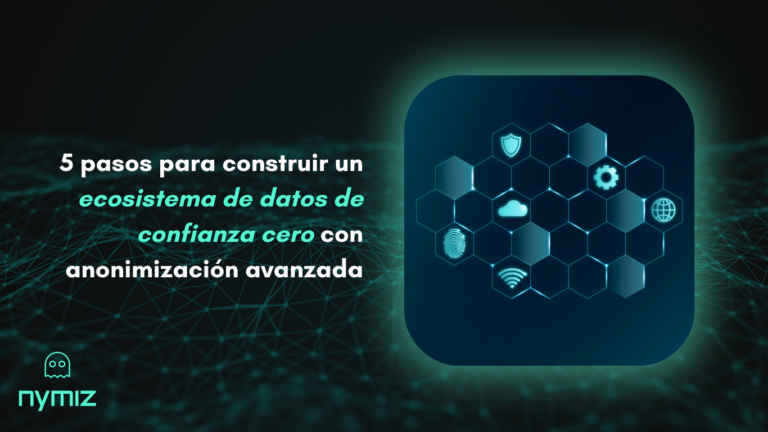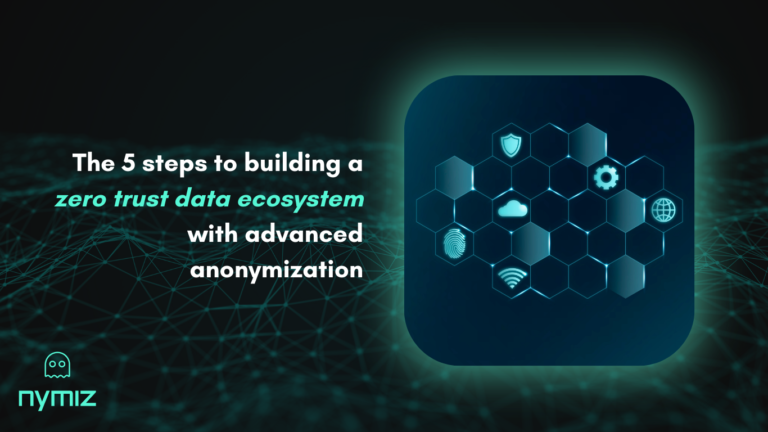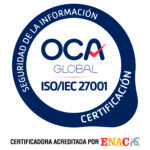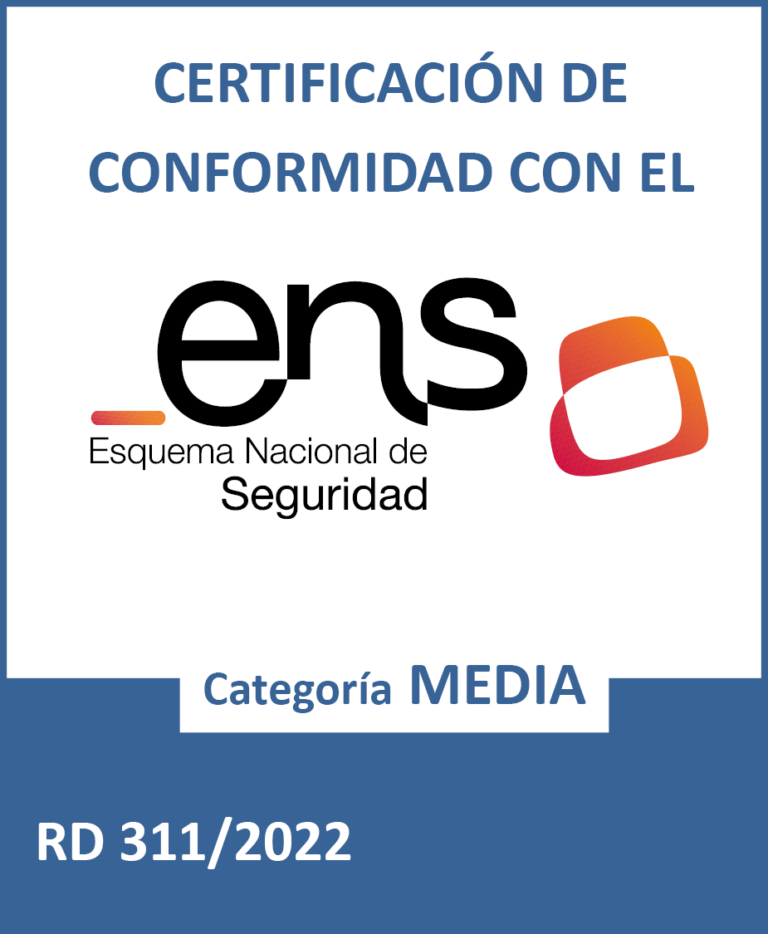In the legal sector, eDiscovery has become an essential pillar of litigation and internal investigations. Reviewing and sharing thousands of emails, contracts, and financial reports can determine the course of a case. But this process is not without risk: many of these documents contain sensitive data (PII, PHI, or confidential information protected by professional secrecy).
This is where the great challenge arises: ensuring effective eDiscovery data protection, complying with regulations such as the GDPR, HIPAA, and the AI Act, without slowing the pace of litigation. The paradox is clear: legal teams need speed to analyze information, but they must also protect client privacy and avoid multimillion-dollar fines.
The question is inevitable: how to achieve a balance between legal efficiency and data protection in eDiscovery?
The nature of sensitive data in eDiscovery
In an eDiscovery process, not all data is equal. Some contain information so sensitive that, if leaked, it can change the course of a lawsuit or jeopardize a firm’s reputation. Protecting this data is not only a matter of complying with the law; it’s also a way to ensure the process is fair and secure.
Moreover, doing it well offers clear benefits: reduced risk of sanctions, increased client trust, and greater control over the legal strategy. But there are groups of data that are particularly fragile in this context, and it’s worth focusing on them from the outset.
PII and personally identifiable data
Personal data (names, addresses, ID numbers, digital credentials) is omnipresent in any court case. A breach of this type of information can trigger sanctions under the GDPR or CCPA and, most seriously, break customer trust.
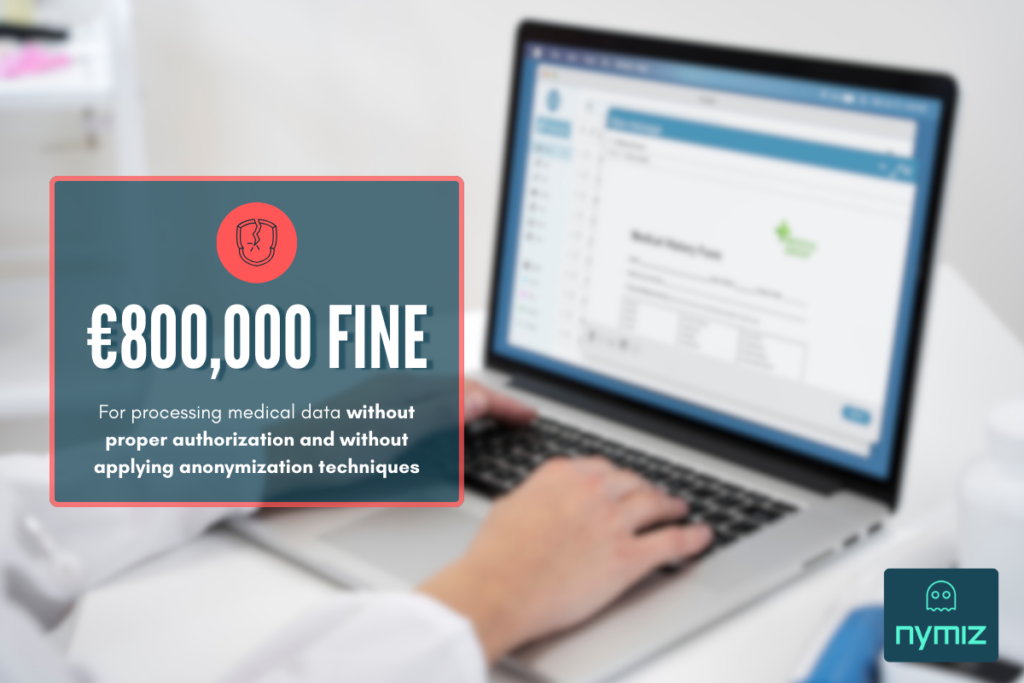
PHI and Protected Health Data
In litigation involving health insurance, malpractice, or healthcare regulations, medical records, diagnoses, and other patient data arise that require maximum protection. In the US, HIPAA imposes severe penalties if this data is exposed; in Europe, the GDPR classifies it as particularly sensitive information.
A recent example is the case of CEGEDIM SANTÉ in France. In September 2024, the CNIL fined the company €800,000 for processing medical data without proper authorization and without applying anonymization techniques to prevent patient re-identification. The medical records and prescriptions managed by its software were exposed to undue risks, demonstrating how even large healthcare providers can fail to comply with regulatory obligations.
Professional secrets and trade secrets
eDiscovery also includes attorney-client communications, internal defense strategies, and confidential business documents. The exposure of this type of information not only affects ongoing litigation but can also compromise the competitiveness and reputation of an entire organization.
If this data is not properly protected, the consequences are severe: the GDPR provides for penalties of up to 4% of annual global turnover or €20 million (whichever is greater). Beyond the fines, the loss of customer trust and reputational damage can be irreparable.
False eDiscovery solutions: passwords, redactions, and outsourcing
Despite the extremely critical nature of the data managed in litigation and audits, many law firms and legal departments continue to rely on outdated techniques to protect information: manual reviews, basic PDF redactions, or simple passwords. These approaches not only slow down processes but also increase the risk of non-compliance in a context of increasingly stringent regulations.
The problem is exacerbated when considering that, according to Gartner, between 70% and 90% of global business information is unstructured: emails, contracts, court rulings, or PDFs that are not organized in traditional databases. This type of information, being more difficult to track and control, easily escapes traditional data protection tools, making eDiscovery a breeding ground for security failures and breaches.
Manual review and the risk of human error
Manual anonymization takes between four and eight hours per 50-page document. When dealing with thousands of files, that time becomes unfeasible. Furthermore, human error remains the biggest weakness: in 2024, 95% of data breaches were due to human error.
PDFs and passwords: apparent security
The use of black boxes in PDF documents (as Adobe does) can be easily reversed with digital tools. The same goes for sending password-protected files: not only does it complicate the workflow, but it also exposes information if shared externally without prior protection.
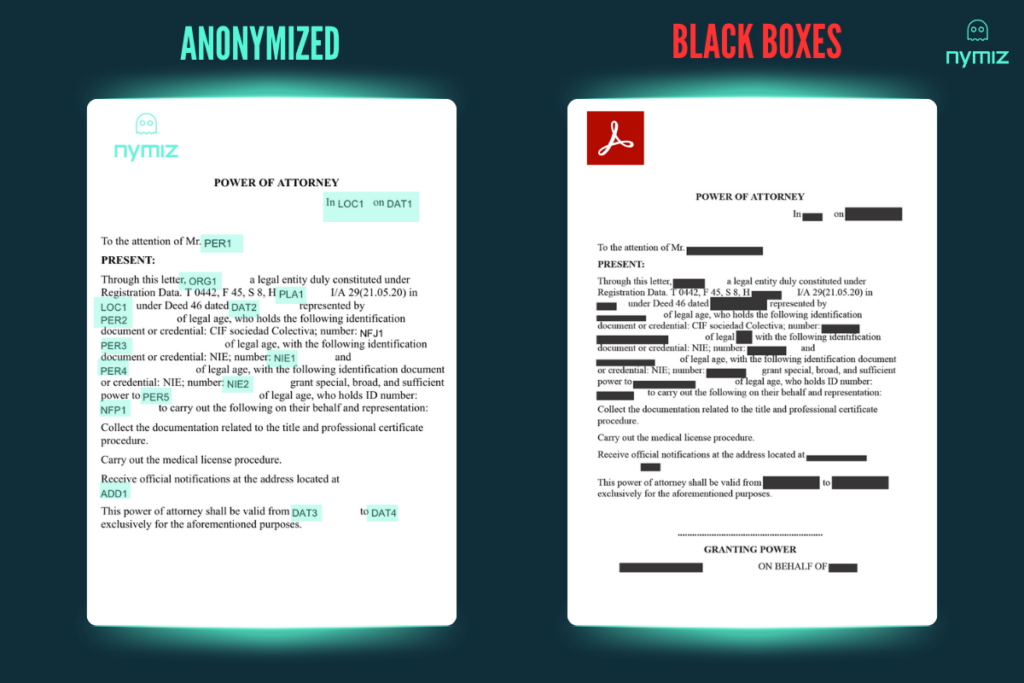
Data outsourcing and loss of control
Some firms turn to third-party providers to anonymize documents. While this may seem like a quick fix, it involves high costs and a critical loss of control. If that third party suffers a breach, the responsibility falls on the company that shared the information.
Why compliance doesn’t accept half measures in eDiscovery data protection
Privacy and data protection regulations are becoming increasingly strict and directly affect eDiscovery processes. These regulations leave no room for error: anonymization is a strategic obligation, not a recommendation.
GDPR and the anonymization obligation
The General Data Protection Regulation (GDPR) requires organizations to protect personal information. Article 32 mentions anonymization and pseudonymization as recommended measures. Penalties for non-compliance range from €20 million to 4% of global turnover.
HIPAA and the Protection of PHI in the U.S.
In the United States, HIPAA mandates that all protected health information (PHI) must be handled under strict security measures. Penalties can exceed $1.5 million per year for noncompliance, in addition to class-action lawsuits that jeopardize the reputations of hospitals and insurers.
The AI Act and its impact on the use of AI in legal proceedings
The European Union is moving forward with the AI Act, which regulates the use of artificial intelligence in critical sectors, including the legal sector. One of its requirements is that the data used to train AI models be previously anonymized, placing eDiscovery at the center of digital and regulatory transformation.
Ultimately, compliance not only requires protecting data, but also requires doing so with techniques that guarantee its effectiveness. Advanced anonymization has become the standard method that separates law firms prepared for the future from those that continue to rely on outdated solutions.
How advanced anonymization changes the eDiscovery paradigm
Faced with the limitations of traditional methods, advanced anonymization offers legal professionals a real alternative that combines security, compliance, and agility.
Preserve the evidentiary and analytical value
Unlike manual redaction or blackouts in PDFs, advanced anonymization allows sensitive data to be removed without destroying the document’s value. This allows legal teams to continue working with information useful for litigation, but without exposing identities or secrets.
Scalability for large volumes of data
Today’s litigation processes are measured not in tens, but in thousands or even millions of documents. AI-powered automation allows massive volumes to be processed in minutes, ensuring consistency and reducing costs.
This ensures that information is irreversibly protected, avoiding human error and speeding up a process that would otherwise be slow, costly, and risky.
Accuracy and reduction of human error
Automatic detection algorithms identify sensitive data patterns in multiple formats and languages. This ensures a level of accuracy that eliminates the risk of human oversight and makes the process auditable.
This transparency not only minimizes the risk of sanctions but also strengthens client trust, which is key to any professional relationship within the legal sector.
Together, these methods transform the way law firms approach eDiscovery data protection: lower risks, faster processes, and regulatory compliance that can be demonstrated with actions, not just promises.
From manual to intelligent: Reinventing legal eDiscovery with Nymiz
At Nymiz, we have designed an advanced anonymization platform that solves the great paradox of eDiscovery: the need to act quickly in the face of the obligation to protect sensitive data. Until now, we have found traditional methods to be slow, expensive, and ineffective, unable to cope with the volume and complexity of today’s legal information.
The good news is that there are alternatives that not only overcome these limitations but completely transform the way law firms and compliance departments manage critical information. With Nymiz, AI-powered anonymization becomes an agile, accurate, and auditable process, specifically designed to address the challenges legal professionals face at every stage of eDiscovery.
Beyond passwords and strikethroughs: irreversible anonymization and advanced pseudonymization
One of the biggest problems with traditional methods is passwords and redacted PDFs, which offer a false sense of security. Passwords are easily shared and deleted, while redactions can be reversed in seconds with digital tools.
Nymiz solves this problem with two complementary approaches:
- Irreversible anonymization, which permanently eliminates or transforms sensitive information.
- Pseudonymization, which allows further analysis of documents without exposing real identities.
In comparison, while manual review can take between 4 and 8 hours to anonymize a 50-page document, with Nymiz this same work is completed in just a few minutes, with the added benefit of accuracy and traceability.
Maintaining control: internal anonymization without risk of exposure
Outsourcing to third parties has been another common practice in eDiscovery, but it entails high costs and, most seriously, loss of control over the data. With Nymiz, the entire process is carried out within the platform itself, whether in SaaS, API, or even on-premise. Thus, information never has to leave the organization or depend on external providers, ensuring security and compliance at all times.
Protecting the unstructured: multi-format support and advanced text recognition
The most complex challenge in eDiscovery is unstructured data, which according to Gartner represents up to 90% of the information managed by organizations. Emails, scanned PDFs, multi-clause contracts, and entire court rulings are part of everyday litigation.
Nymiz incorporates multi-orientation optical character recognition (OCR) capabilities and supports multiple formats (Word, Excel, PDF, images, emails). This ensures that even the most complex documents can be accurately anonymized without losing their analytical value.
An international law firm already put these capabilities to the test in a due diligence process: it had to review thousands of contracts that, using manual methods, would have taken weeks. With Nymiz, the process was reduced to a few hours, ensuring GDPR compliance and eliminating the risk of human error.
Benefits in compliance, efficiency and trust
The combination of these features makes Nymiz a key tool for any law firm or legal department serious about eDiscovery data protection. It’s not just about protecting data, but doing so quickly, efficiently, and in full compliance with global regulations.
With Nymiz, law firms can drastically reduce review times, ensure international regulatory compliance, and strengthen client and partner trust. Anonymization is no longer an obstacle: it’s a competitive advantage that makes all the difference.
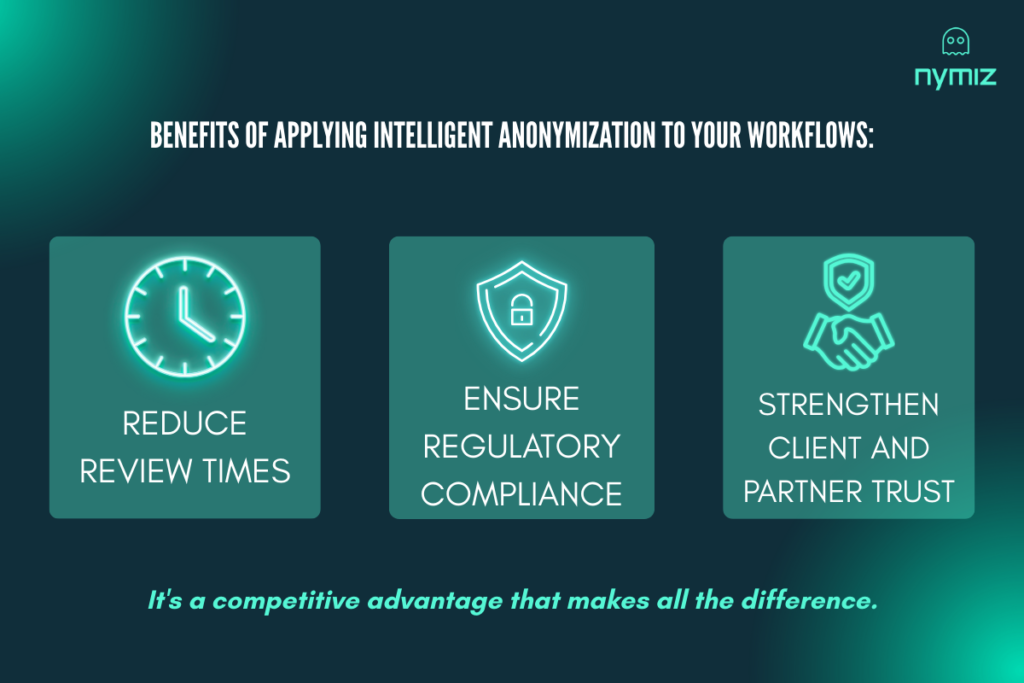
Transformation towards fast and secure eDiscovery
eDiscovery poses a constant tension between speed and privacy. Traditional methods forced a choice between one or the other. Advanced anonymization, on the other hand, allows for both goals.
At Nymiz, we believe that the future of eDiscovery lies not in redacting documents or outsourcing risks, but in technologies capable of protecting privacy by design and making security a catalyst for swift and efficient justice.
Discover how Nymiz is transforming legal practice with eDiscovery data protection.
